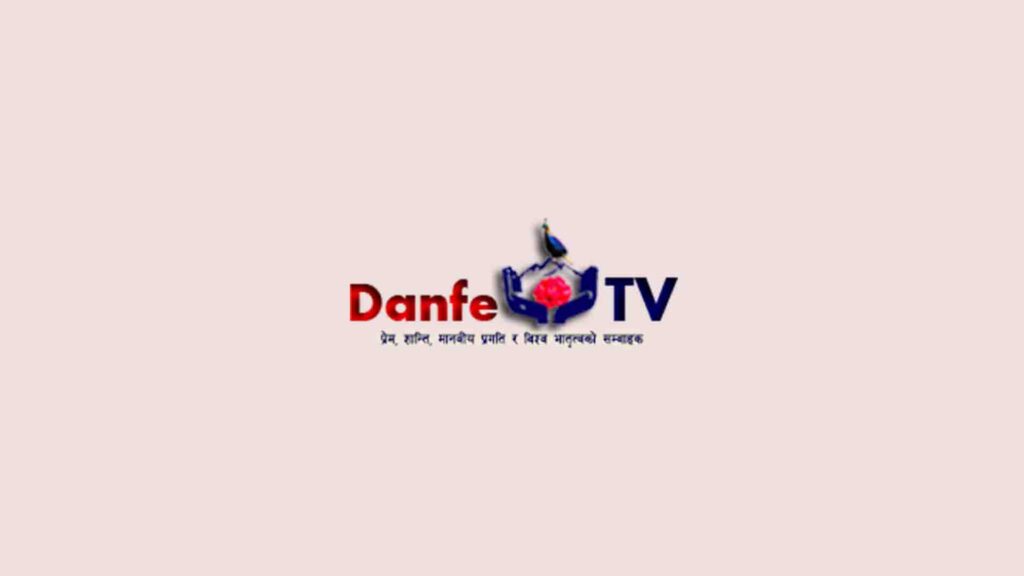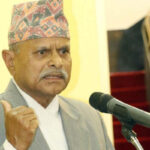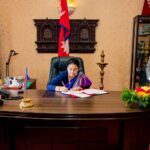Kathmandu, Sept 18 :
(Narayan Prasad Ghimire)
Nepal is observing the Constitution Day (Asoj 3) with fanfare tomorrow. It is the historic day that we, Nepalis, remind the constitutional provisions, its implementation, and review the role played by different sectors, including political parties.
Constitution is the supreme law of the country that governs the people and national affairs. It allocates powers among governments and authorities, caters rights to people, and holds those in power accountable.
Irrespective of the ruling system, constitution is essential political and legal document in any country. The power and limitation of both the ruler and ruled ones are mentioned by the constitution.
The Constitution of Nepal, 2015 is the seventh constitution Nepal wrote and brought into implementation. It is often praised as the progressive national charter. Inclusion and diversity are key issues among various features of this constitution. It has aimed at empowering people at bottom of economic and social classes; and institutionalized the abolishment of monarchy and unitary system that existed for centuries. The sovereignty and state authority vested on people are other milestones of this constitution. It is the solid foundation for implementing and forwarding the federal democratic republic, a new system, expected to empower people.
With the federal system in place, the three-tiers of government are functioning in the country in line with the constitution. They are to run in utmost cooperation and collaboration. The local levels, as the closest government to people, are to serve at people’s doorstep. The seven provincial governments are to coordinate with the federal and local levels. The constitution has mentioned well on the devolution of power to the sub-national governments.
We are celebrating the Constitution Day at a special moment that the country is poised to hold the elections to the provincial assembly and federal parliament coming November 20. The Election Commission of Nepal, government and political parties have speeded up the preparations from their sides to hold the coming elections in a free, fair and peaceful manner. The election is one of the most democratic practices which too has vital role to implement the constitution. Periodic elections not only energize the political parties but also create new vibe among people and helps consolidate constitutional practices.
This government conducted the Local Level election in free, fair and peaceful atmosphere on May 13 earlier, which brought new faces of people’s representatives. They have begun working for people as per the rights constitution has provided.
In this regard, how the implementers of constitution are working to nurture a young federal republic carries meaning. In terms of the roles and capacity, the activities of the political parties and government (bureaucracy) obviously warrant observation and oversight.
Compared to the previous constitutions, the Constitution of Nepal, 2015 has adequately provisioned the fundamental rights, which are directly related to citizen’s freedoms and rights. But, are our political parties and governments serious to ensure fundamental rights? Do their works reflect true service to the people from diverse communities- Muslim, Madhes, minorities, women, and other margined and downtrodden ones as stated in the preamble of the constitution?
In this connection, advocate and human rights activist, Rammaya Lamichhane, said although there are several issues of social and gender inclusions ensured by the constitution, proper laws are yet to be made to translate fundamental rights into action. “Even the constitutional commissions were set up as per inclusive provisions and Acts made, but there is no work procedure for commissions’ effective operation, which has resulted in deprivation of citizen’s fundamental rights. Still, those near political power centres are ruling the roost as in the past,” she observed, arguing that there is egregious political interference on judiciary.
Moreover, advocate Lamichhane said as political parties did not correct their behaviour and digressed from their principles, they made the State mechanisms into the extractive institutions, which, she argued is serious threat to constitution and democracy. “The constitutional commissions which need to speak against government’s misconduct are silent. It is worrying state of the implementation of constitution,” she commented, with the hope that the new generation of youths and leaders could voice for ending the present contradiction and aberrations.
As Lamichhane said the leaders of the political parties themselves admit that they have lost the ideology and principles. For example, Ghanashyam Bhushal of CPN (UML), Gururaj Ghimire, Dhanraj Gurung and Shekhar Koirala of Nepali Congress, Ram Karki of CPN (Maoist Centre) and former prime minister Dr Baburam Bhattarai are often speaking against eroding political values and ethics and suggesting party leaderships to make correction so that they could serve people better and nurture the system.
As the major actors of national affairs and implementers of constitution, people always expect proper role of political parties.
With the elections imminent on November 30, the five-year terms of federal parliaments expired since last night. Election is the opportunity for the citizens to exercise voting rights and the leaders to get elected. Election must be limited in it, but taken as the broader mandate to deliver citizen’s rights and enforce the progressive constitution we have achieved. The economic development and prosperity are long awaited agenda of Nepali people. Though political parties speak much on it, substantial initiatives are awaited to materialize the agenda.
The past five years also passed in an instable way- political bickering, blame-game and party split took toll on legal reform and democratic practices. It was too unfortunate in the parliamentary history of Nepal that the House of Representatives was dissolved twice within a year over political bickering. However, it was reinstated for both times, resulting into the completion of five-year term. The disruption of the parliament ultimately led to the government to withdraw many bills in the last hour, for lack of time and deliberation. It has direct impact on citizens’ enjoyment of rights and freedom.
Similarly, greater level of monitoring over political activities is imperative to hold them accountable and claim the rights. Critical mass can play a role to observe the foibles and irregularities. For it to happen, both the citizens and people’s representatives should have legal and constitutional literacy. Capacity building is essential.
In this regard, the first President of Nepal, Dr Ram Baran Yadav, said people, court and civil society have important roles to enforce constitution and enliven it. He said it during an interview given to the Rastriya Samachar Samiti (RSS) on the Constitution Day.
(RSS)




